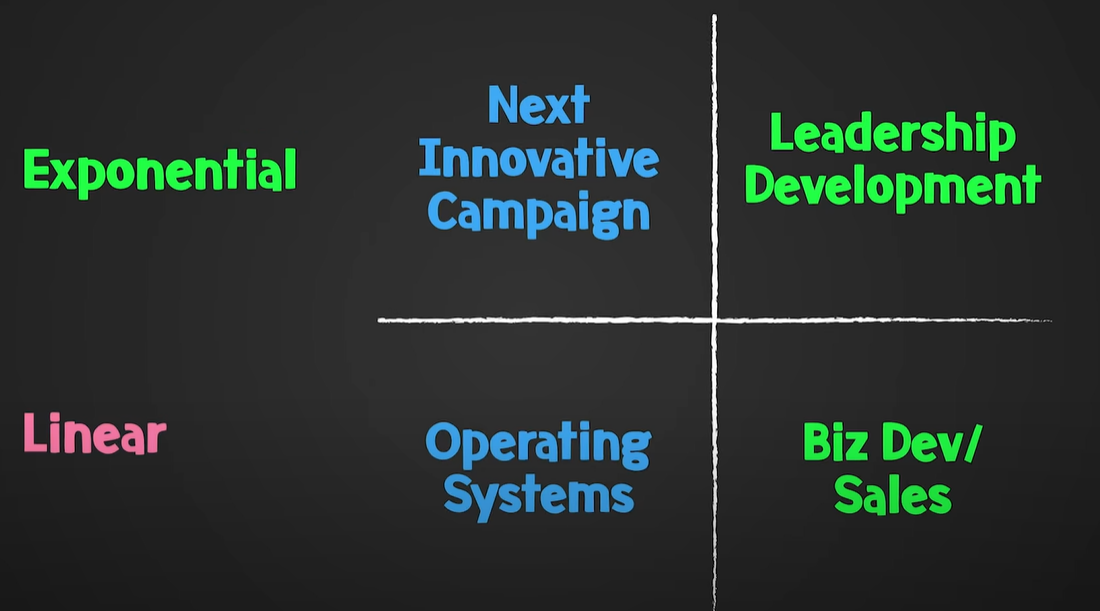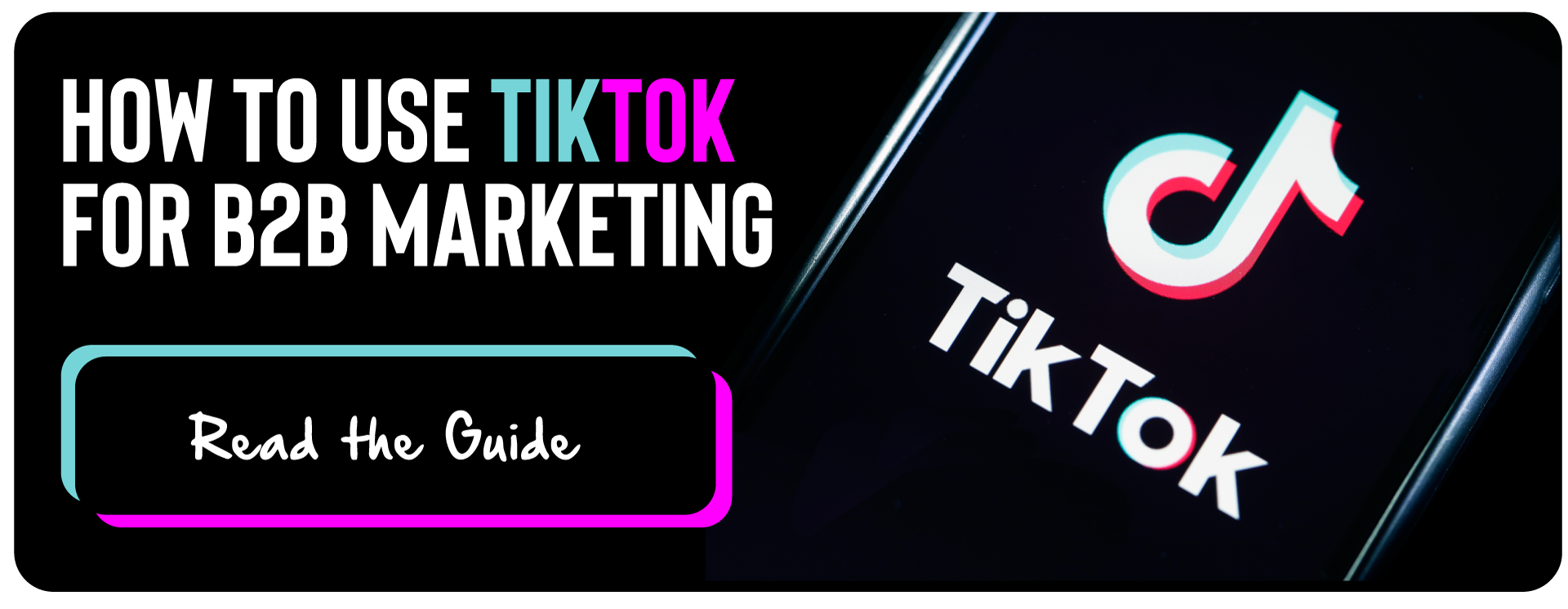
Having worked with clients of early-stage B2B startups, we noticed some reoccurring themes.
Here are the top 3 most common marketing mistakes we encounter with founders / CEOs, which can severely hinder their growth.
1. Not prioritizing marketing
In the startup world, it’s often the case that the first marketing hire is brought in way too late.
Founders and CEOs tend to focus on product and business decisions, but fail to include marketing into the product design or business strategy.
This can be a fatal flaw.
Here are some questions marketing can help determine early in the company’s development.
- Why does this product exist?
- What problem does it solve?
- How does it solve that problem better than existing solutions?
- What do actual users think?
- What features do they use the most and the least?
- What price are they willing to pay?
- How can we build systems and processes to acquire and retain users?
- Etc.
Companies in early stages often do not have a clear marketing strategy in place with well-defined KPIs and OKRs.
2. Not trusting the experts
Often we see founders / CEOs try to take on marketing task themselves. They like to:
- create the website
- write the blogs
- post on social
- craft and run ads…
They believe they can do it all, or they know what’s best.
Each marketing activity is extremely difficult to master and they may not have the requisite skillset to recognize good from bad design, or good from bad copy, etc. Each of these marketing skills take years of practice, trial and error, understanding of psychology and the market, etc. to refine.
It’s fine to have an opinion or preference, but remember, we’re not marketing to you. We want to bring our marketing activities to market (after careful research, A/B testing, experience, etc.) and let the customers decide what they like.
The data will tell us everything we need to know.
A common trap with founders who are inexperienced with copywriting make is to write about their product features and specs rather than the problem the product or solution solves, and the benefit it brings to the customer. This often comes by way of overly technical and jargony copy on the blog, website, social, etc.
Good copy is:
- clear
- concise
- purposeful
Customers need the benefits to be clearly spelled out in simple language, not a list of features and technical specifications.
Founders/CEOs need someone who understands the marketing-sales funnel and determine clear goals. Failing to do this will not set the company up for success as they are not measuring marketing efforts, or are not sure which metrics to track.
3. Not trusting the process
Founders/CEOs often expect immediate results and try to attach every marketing activity to revenue. If there’s not a clear path from activity to revenue, the activity or budget often gets axed. They may be too quick to abandon a campaign, or underinvest the necessary staffing or budget to gain and maintain traction.
They may falsely assume the product or the sales team are sufficient to sell the product.
Marketing is mostly experimentation over time, and not every activity has a clearly attributable path to revenue.
Growth doesn’t happen overnight, so it’s essential to lay the right foundations early. Think of marketing more as a marathon than a sprint. There needs to be room for both short-term and long-term strategies.
Entrepreneur Patrick David-Bet outlines the following business quadrant to help business leaders prioritize their activities.
There are two growth paths:
- Exponential
- Linear
Both are important.

Too often we see founders/ CEOs pause marketing efforts like it’s a switch they can just turn on and off. Turning marketing off can be a fatal blow to a company, especially when they turn it back on and expect sales to just start flooding in.
Marketing doesn’t work like that.
It’s not some magic sales-generator. It takes time to build a brand, nurture relationships, create demand, conduct market research, strategize, create content, build campaigns, experiment and iterate, etc.


